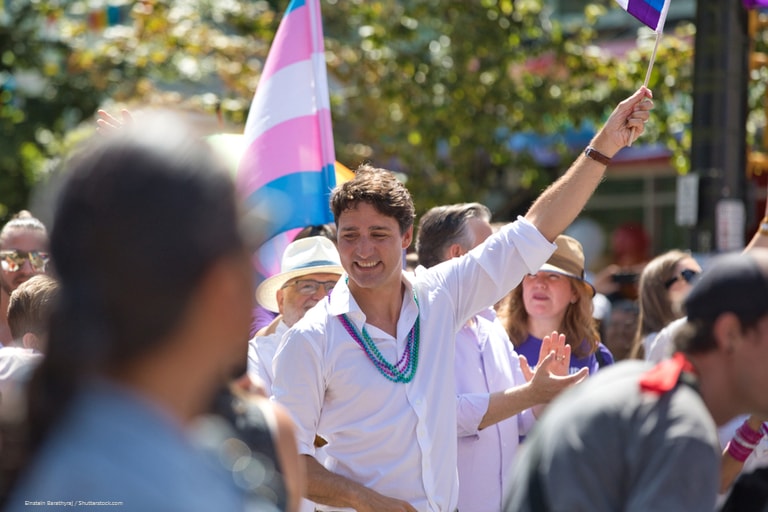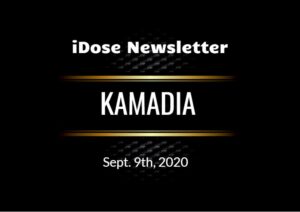By Aly Kamadia, Editor-In-Chief of iDose
Whether you despised it or craved it, freedom of speech remained a unique and powerful weapon in liberal democracies.
Two weeks before the Federal election (Oct 7th,2019), Canada’s English Leaders’ debate saw Canadian Conservative Party leader Andrew Scheer waste no time in unleashing fury against the Prime Minister. While staring at Justin Trudeau, he declared:
“Mr. Trudeau, you are a phony, and you are a fraud, and you do not deserve to govern this country.”
NDP leader Jagmeet Singh was also effective in branding himself as a distinct alternative. Singh alleged that Trudeau was suffering from multiple personalities – the sunshine he offered in the public contrasted with the not-so-sunny-ways with which he conducted himself when public eyes weren’t watching.
On the issue of climate change, while Trudeau and Scheer were fighting among each other, a calm and positive Singh interrupted to remind Canadians:
“I want to say this directly to Canadians. You do not need to choose between ‘Mr. Delay’ (i.e. Trudeau) and ‘Mr. Deny’.”
Though the two moments were powerful, and unequivocally demonstrated that both Scheer and Singh could perform on the national debate stage, one question came to mind: Did Trudeau suffer significant damage during the debate?
The clear answer was a resounding N-O. Despite the attacks on him, no objective observer could walk away from the debate with an image of a defeated Trudeau.
Indeed, a man who had suffered from two ethics scandals and the blackface controversy walked away from the debate untouched. Not once did we witness a desperate Trudeau pinned to the ground by verbal assaults from Scheer, Singh, or any of the other candidates.
Even in an alternative reality in which Trudeau had suffered from a bad performance (no matter how much some of us wished debates were about substance, they remained largely theater), we wouldn’t have immediately known the likely effect on election results.
Sure, pundits and partisans on TV would have told you immediately what it all meant.
But the relevant political science literature (you know, the scientific and systematic study of how much Canadian Federal debates impact election outcomes) hardly provided black and white answers. Even if it did, it would have been quite the burdensome task to make the intellectual case that past results applied to the 2019 election outcome.
At the time, only one prediction carried weight. To the degree that faith could be put into polling, Trudeau and the Liberal Party were currently headed to victory. The only question was whether it would be a majority or minority government.
The Conservative and NDP parties had every right to be distressed with this reality. After all, fate and strategy were being squeezed, with less than two weeks to intervene and block Trudeau.
Aly Kamadia is Editor-In-Chief of iDose. To read more articles by Kamadia, click here. To read the Editor’s message, click here.
Note: The views expressed in this article are the author/s, and not the position of Intellectual Dose, or iDose (its online publication). iDose reserves all rights, unless stated otherwise. [print-me]



